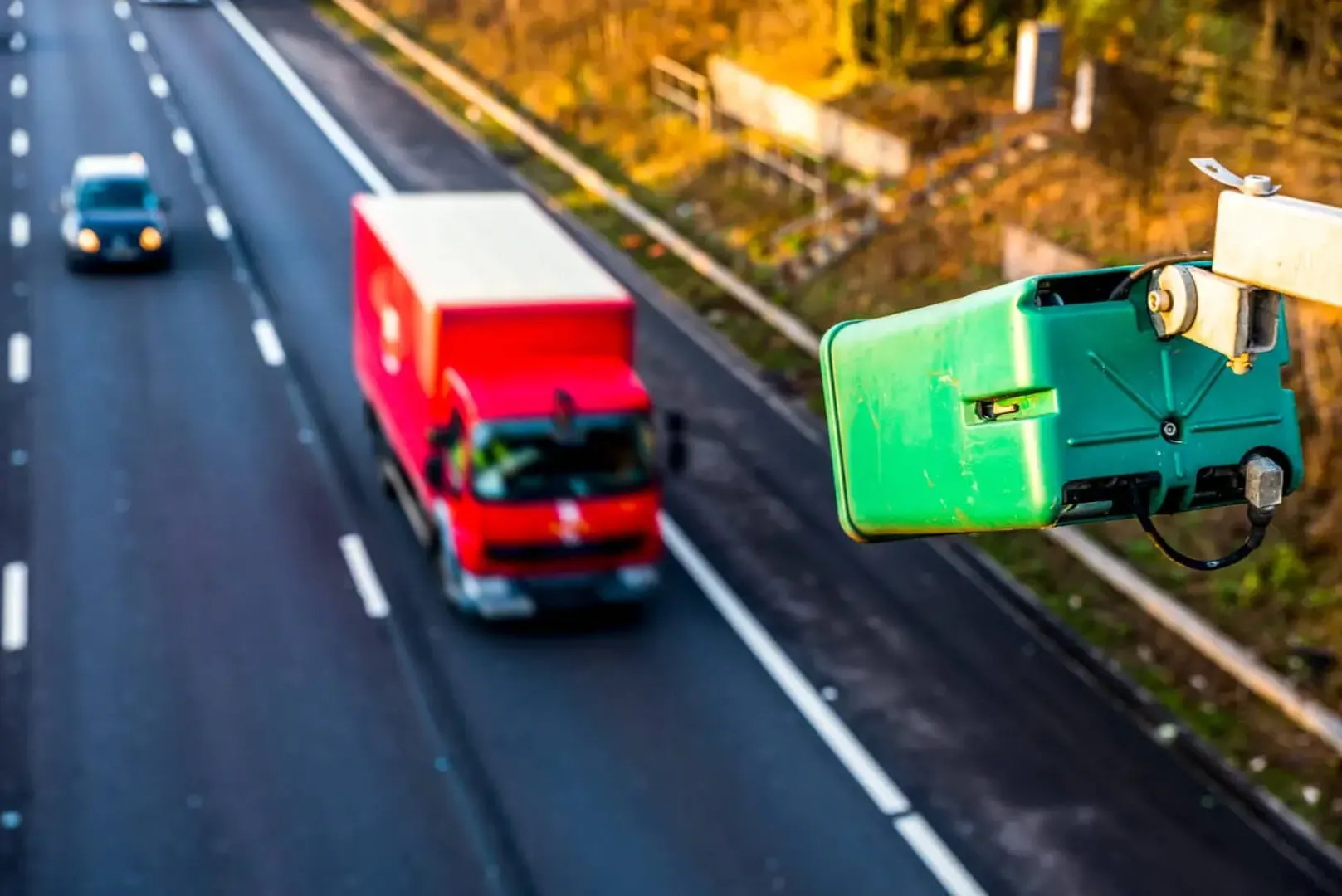
Cameras are a huge part of our roads, with the popularity of dash cams increasing and more surveillance cameras being implemented across the UK motorways. It’s important that your drivers are aware of how much they are being recorded and the impact of their behaviour on your business.
Dashboard Cameras
Dashboard cameras have become more affordable and are now being used by a number of both personal and business drivers every day. Dash cams provide real time footage of journeys enabling the driver to save and export the footage or delete it after the journey. This footage protects drivers by providing evidence for any accidents or incidents that may occur during a drive, enabling the driver to help prove who was at fault.
There can be negative implications that come with more dash cams in circulation on the UK roads. Drivers are under constant surveillance and any wrong move can be filmed, uploaded to the internet and shared on social media. This can cause issues for both the individual driver’s reputation and the business that driver is working for. We recommend making drivers aware of the amount of footage that is being recorded on dashcams and to ensure they know the importance of driving safely and respectfully.
Motorway Cameras
There are a number of different types of motorway camera in force across the UK, each type of camera performs a different function from checking the speed a vehicle is travelling at to monitoring the traffic on that stretch of road.
A speed camera’s primary function is to enforce the speed limit on the road. There are several types of speed camera each having the ability to recognise number plates, these cameras are continuously evolving as technology changes to make them more accurate and cheaper to implement. Average speed cameras are becoming more popular and are seen as a better way to monitor a vehicles speed on a stretch of road as opposed to at a specific point. Drivers need to be aware of roads where average speed cameras are in force to avoid being caught out.
ANPR cameras are used by police and motorways to find vehicles that have been flagged to the police as being a vehicle of interest, for example any vehicles that have been involved in crimes such as robberies or missing person cases. These types of cameras can also check the MOT, tax and insurance status of the vehicle by scanning their registration number and checking against the relevant databases.
Drivers need to be aware that cameras are a key part of the UK roads, with the increase of dash cams and motorway cameras continuously developing there is no escape from the surveillance. To find out more about dash cams and the pros and cons of installing them in your vehicles take a look at our article 5 reasons for installing dash cams.


